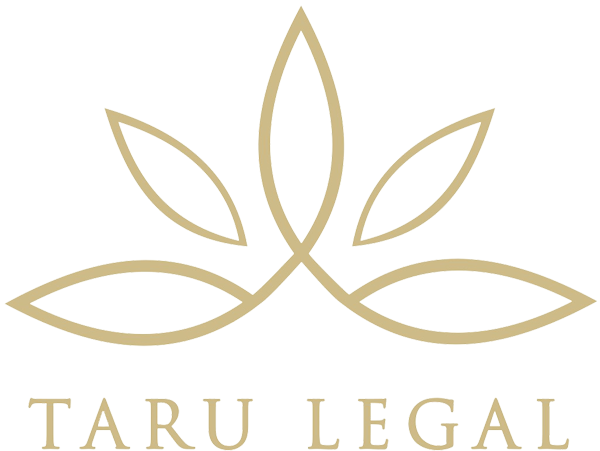A Patent is a monopoly right obtained for an invention for such limited period of time to the inventor/ his legal assignee (viz. patentee).
A patentee enjoys the following exclusive rights –
(i) In case of a product: To prevent third parties from the act of making, using, offering for sale, selling or importing the product in India; and
(ii) In case of a process: To prevent third parties from the act of using the process, and from the act of using, offering for sale, selling or importing such product obtained directly by the process in India.
Subject to payment of annuity, the rights granted under a patent is valid for twenty (20) years from the date of filing of the application in India or from the date of such corresponding (PCT) International Application, as the case may be.[If the annuity is not paid, the patent will cease to remain in force and the invention becomes open to public.]
No. The rights granted under a Patent are jurisdiction specific.Accordingly, the rights under an Indian Patentare effective only within the territory of India. If an inventor intends to have such rights in other jurisdiction(s), separate patent application(s) is(are) required to be filed in such jurisdiction(s).
Subject to Sections 3 and 4 of the Patents Act, an invention shall comply with the following criteria –
- Novelty.
- Non-obviousness/ presence of atleast one inventive step.
- Industrial applicability.
An invention is considered novel/ new, if it has not been disclosed in any publication, presentation or disclosure available to publicbefore the date of filing/ priority date of patent application of the said invention including patent publications and non-patent literature in the country or elsewhere in the world. Nothing published on or after the date of priority of a claim can be cited to destroy the novelty of that invention.
Inventive step means a feature of an invention involving technical advancement as compared to the existing knowledge or having economic significance or both, which makes the invention not-obvious to a person skilled in the art.
Industrial applicability means that the subject matter of the invention must be capable of being made or used in any kind of industry.
An application for a patent grant can be submitted either by and in the name of inventor(s) or his/ her/ their assignee(s), either alone or jointly with any other person.
An application for a patent should be filedas early as possible withoutany delay. In particular, the application should be filed before commercialization, publication or public display of the subject matter covered under such application (except under certain circumstances).
In case proposed invention of an inventor is in development stage, and a delay is expected in submitting a complete description of the invention, then a Provisional Specification is preferred to establish a priority date of the invention. A Provisional Specification is a patent document that broadly captures broad scope of the invention (without the experimental data, complete description and claims). Further, the inventor gets 12 months’ time to fully develop the invention and file the complete specification at the Patent Office.
In case proposed invention has been developed, then the inventor can file a patent application with a Complete Specification. A Complete Specification shall fully and particularly describe the technical details of the invention and disclose the best method of performing the invention including complete description along with experimental results and essential drawings, and Claims.
An application for patent goes through the following stages of prosecution –
(i) Publication;
(ii) Examination;
(iii) Issuance of First Examination Report;
(iv) Responding to the First Examination Report;
(v) Issuance of Second Examination Report and/ or scheduling of Hearing;
(vi) Issuance of grant/ refusal order.

